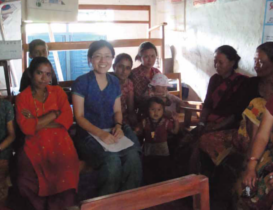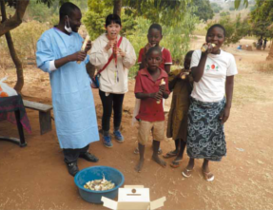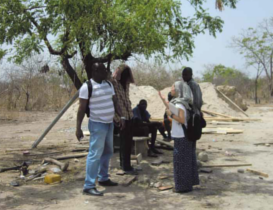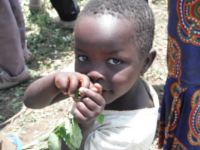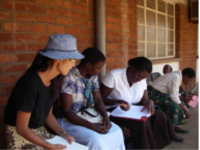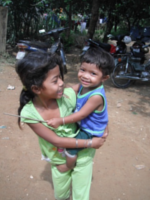Kumiko Goto
 One year has passed since I graduated from Nagasaki University, Graduate School of International Health Development. Now I work in Zambia on the Maternal, Newborn and Child Health project. One of my goals, which was to work in the field of public health in Africa again after I left the JOCV, has finally come true.
One year has passed since I graduated from Nagasaki University, Graduate School of International Health Development. Now I work in Zambia on the Maternal, Newborn and Child Health project. One of my goals, which was to work in the field of public health in Africa again after I left the JOCV, has finally come true.
During the course I was inspired by a message from Prof. Aoki, former dean of our course, who claimed that in the area of public health, we must see things from the view of both birds and earthworms, in other words, to see the entirety of the situations and issues from above and as an individual from the ground. This message was reinforced through the various lectures by our professors with their rich backgrounds. I learned that perceptions regarding diseases are based on the local culture and traditions, differing among various societies. Therefore, it is essential to take into account the context and setting when dealing with them.
Apart from the lectures, the internship during the second year of the course gave me more comprehensive and practical ideas on how we needed to construct our project in order to confront the issues with the help of the local people, and what expertise and skills were expected when in the field.
The project that I am currently engaged in in Zambia aims to prevent “the three delays” associated with maternal death by constructing maternity waiting houses and training the community health workers. I always remind myself to maintain the multiple perspectives that I gained in this course and take the opinions of local people into consideration for my project.
(JOICFP-Zambia, Maternal, Newborn and Child Health (MNCH) One stop service project in Zambia.)

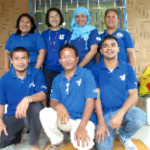 I have been working as a project manager as part of an NGO for the Community Development with Indigenous Children in Mindanao project in the Philippines for one year. I have experienced a lot such as going to the project area, which was on a mountain, by motorbike, participating in discussions with stakeholders such as the Department of Education, and having long staff meetings at the office.
I have been working as a project manager as part of an NGO for the Community Development with Indigenous Children in Mindanao project in the Philippines for one year. I have experienced a lot such as going to the project area, which was on a mountain, by motorbike, participating in discussions with stakeholders such as the Department of Education, and having long staff meetings at the office. One year has passed since I graduated from Nagasaki University, Graduate School of International Health Development. Now I work in Zambia on the Maternal, Newborn and Child Health project. One of my goals, which was to work in the field of public health in Africa again after I left the JOCV, has finally come true.
One year has passed since I graduated from Nagasaki University, Graduate School of International Health Development. Now I work in Zambia on the Maternal, Newborn and Child Health project. One of my goals, which was to work in the field of public health in Africa again after I left the JOCV, has finally come true.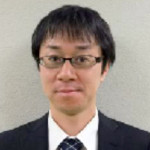 For three months in Manila I conducted research relating to tuberculosis at a national infectious disease hospital. Prior to that, when I was still in Nagasaki, I had attended lectures on biostatistics and medical ethics which were core to the clinical research and made my research proposal along with my supervisor.
For three months in Manila I conducted research relating to tuberculosis at a national infectious disease hospital. Prior to that, when I was still in Nagasaki, I had attended lectures on biostatistics and medical ethics which were core to the clinical research and made my research proposal along with my supervisor.